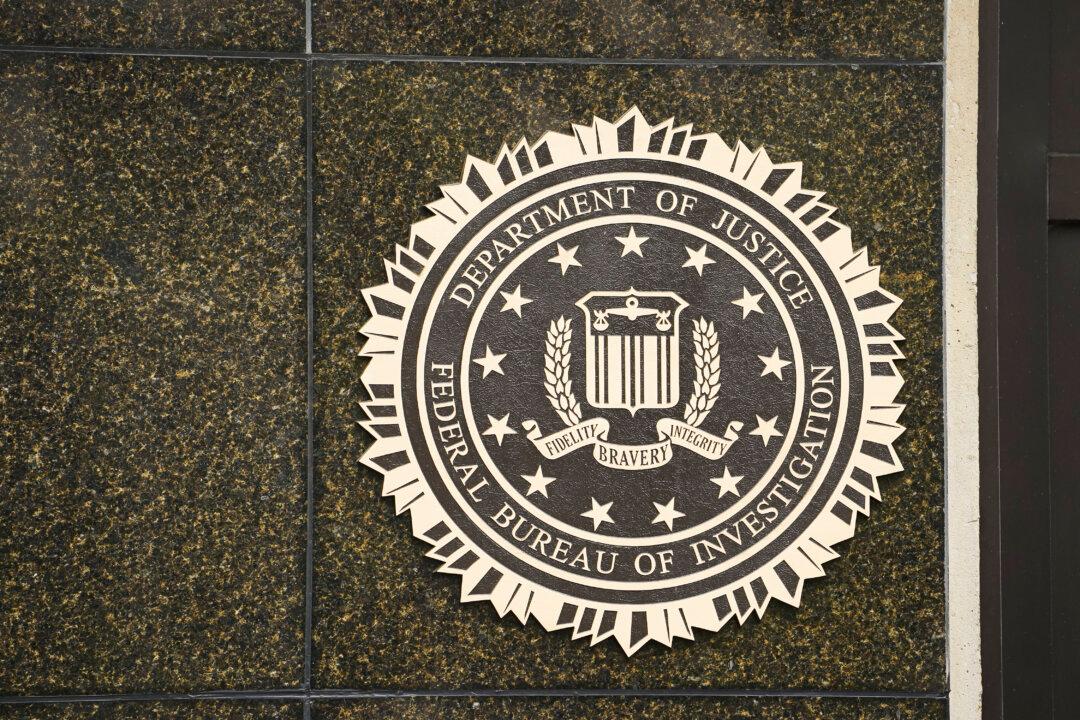The FBI marked World Day Against Trafficking in Persons by issuing data on the scope of the problem in the United States, as well as information on the agency’s enforcement efforts.
A July 30 statement from the FBI office in New Orleans stated that the agency investigates more than 1,000 cases of human trafficking each year.





